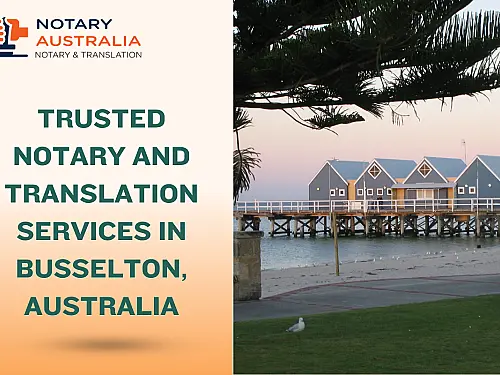



How to Notarize Company Documents for Legal and Global Compliance

Table of Contents
Whether you're launching a startup, expanding overseas, or maintaining compliance as an established company, notarising company documents is a critical legal step. From articles of incorporation to board resolutions and financial statements, proper notarisation gives your paperwork legal validity, regulatory compliance, and international recognition.
In this guide, we’ll explain how to notarize key company documents in Australia, when it’s required, how it supports international business, and what risks you avoid by doing it right.
What Is Company Document Notarization?
Company document notarization is the legal process of verifying the authenticity and execution of official business documents through a licensed notary public. A notarised document proves:
- The document is genuine
- The parties involved have given informed consent
- The contents can be legally enforced in court or across borders
Why Notarisation Matters for Companies
Notarisation provides:
- Legal enforceability of agreements
- Regulatory compliance with corporate governance laws
- International acceptance through apostille or embassy legalisation
- Protection against fraud, disputes, and delays
For many business processes—especially company registration, shareholder decisions, or overseas expansion—notarised documentation is a legal requirement.
Common Company Documents That Need Notarisation
| Document Type | Purpose |
|---|---|
| Articles of Incorporation | Formally register a new company |
| Company Bylaws | Define internal governance rules |
| Board Resolutions | Record and verify decisions made by directors |
| Shareholder Agreements | Confirm ownership rights and obligations |
| Partnership or Operating Agreements | Establish business relationships and responsibilities |
| Loan Agreements | Secure financial arrangements with legal backing |
| Financial Statements | Prepare for audits or investor reviews |
| Profit-Sharing Agreements | Distribute earnings legally within joint ventures |
| NDAs and IP Licensing Agreements | Protect company secrets and intellectual property |
| Commercial Lease Agreements | Rent office or warehouse space with binding protection |
| Certificate of Good Standing | Prove company is active and compliant for foreign use |
| Apostille or Embassy-Legalised Documents | Validate corporate documents for international operations |
When Is Notarisation Required?
Notarisation is essential when:
- Registering a new company or changing corporate structure
- Entering into binding financial agreements or partnerships
- Submitting documents for international tenders or expansion
- Appointing someone to act on behalf of the company via Power of Attorney
- Verifying compliance with regulatory bodies (ASIC, DFAT, etc.)
Company Formation: Notarising Registration Documents
When forming a company in Australia, the following documents are often notarised:
Articles of Incorporation
Officially registers your business with the relevant corporate authority.
Company Bylaws
Outlines how your company operates internally—critical for legal disputes.
Certificate of Formation
Incorporation documents that prove your company legally exists.
Business Name Registration Forms
Required for trademark and legal identification of your business.
Notarising these ensures their authenticity during audits, disputes, or overseas use.
Corporate Governance: Notarising Internal Documents
Proper governance often involves notarising:
- Board resolutions
- Shareholder meeting minutes
- Corporate compliance filings
- LLC operating agreements
These documents must be enforceable and may be scrutinised by regulators, partners, or shareholders. Notarisation ensures they stand up to legal review.
Finance and Commercial Dealings: What Should Be Notarised?
- Business loan agreements – Notarised contracts strengthen lender trust
- Investment agreements – Shows intent and validity to attract capital
- Profit-sharing contracts – Protects against revenue disputes
- Financial disclosure documents – Used for compliance, due diligence, and audits
Notarising financial documents can protect your company from breach claims, fraud, and regulatory penalties.
International Recognition: Apostille and Embassy Legalisation
If you’re doing business abroad, notarised company documents may also require:
Apostille
For countries part of the Hague Convention, Australian documents must be submitted to DFAT for an official apostille certificate.
Embassy Legalisation
For non-Hague countries, additional authentication by the embassy or consulate of the destination country is required.
Examples: Company incorporation documents, power of attorney, and financial reports for foreign tendering or subsidiary registration.
Step-by-Step: How to Notarize Company Documents in Australia
Step 1: Identify Documents Needing Notarisation
Common ones include contracts, board resolutions, incorporation papers, and POAs.
Step 2: Choose a Registered Notary Public
Ensure they are licensed in your state or use a secure online notary platform.
Step 3: Provide ID and Originals
The notary verifies the signer’s identity and examines the original documents.
Step 4: Notarisation and Seal
The notary signs, seals, and issues a certificate or certified copy.
Step 5: Apostille or Embassy Legalisation (if needed)
Apply through DFAT or an embassy depending on your destination country.
Can Company Documents Be Notarised Online?
Yes! Online notarisation is now legally recognised in many cases. It’s especially helpful for:
- Remote companies
- International teams
- Urgent corporate transactions
Benefits:
- Same-day turnaround
- Video ID verification
- Secure digital certificates
- DFAT-compliant for apostille submission
Risks of Not Notarising Company Documents
Failing to notarise key documents can lead to:
- Contract disputes or nullification
- Delayed loan or funding approvals
- Non-recognition in foreign jurisdictions
- Regulatory non-compliance penalties
- Inability to prove legal authority or intent
Real-World Scenarios
- A tech startup expanding into the US needed notarised incorporation and IP licensing docs for investor approval
- A construction company bidding on a UN tender had to notarise and apostille financial statements and board authorisations
- An exporter legalised bills of lading, COOs, and trade agreements to avoid customs rejections overseas
Final Thoughts: Notarisation Is Smart Business
Company document notarisation isn’t just about stamps—it’s about protecting your business, ensuring compliance, and being ready to expand confidently, locally and globally.
With professional notary services now available online and nationwide, there’s no reason to delay. Secure your documents, meet legal requirements, and move your company forward with certainty.

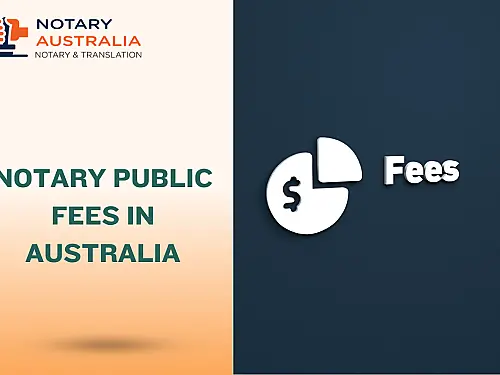

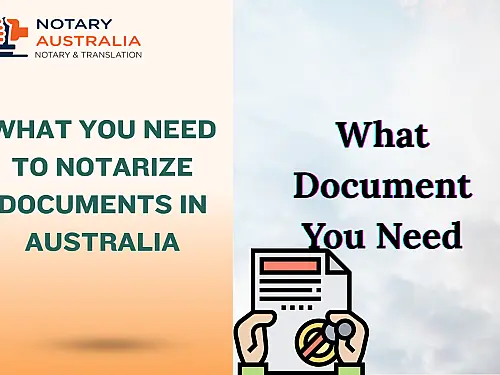
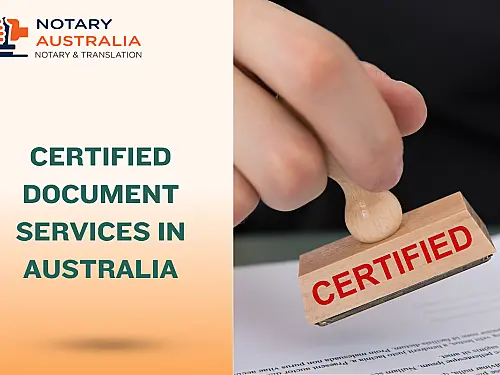
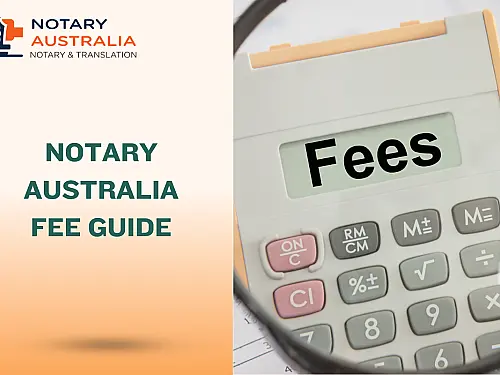

-thumb.webp)


